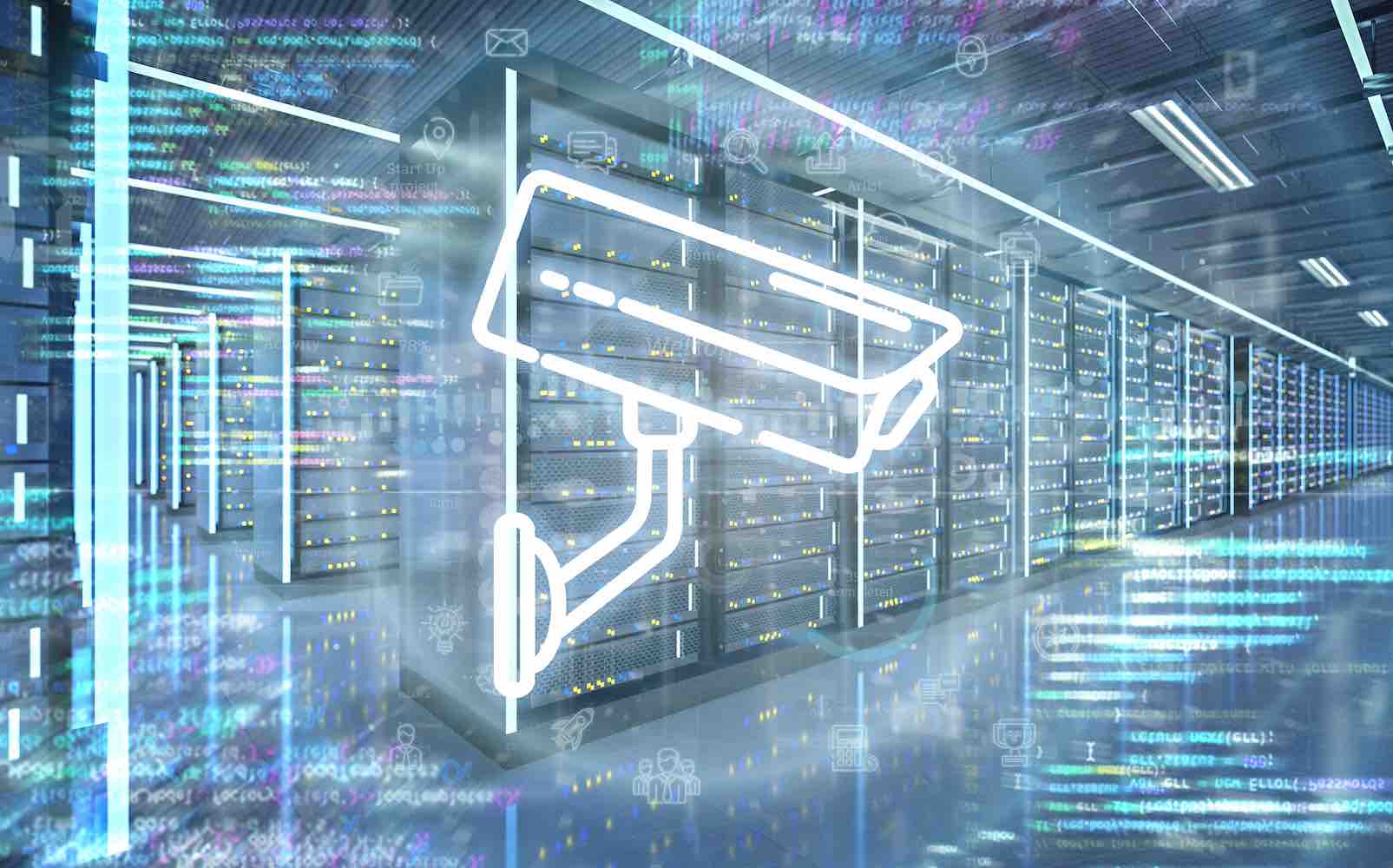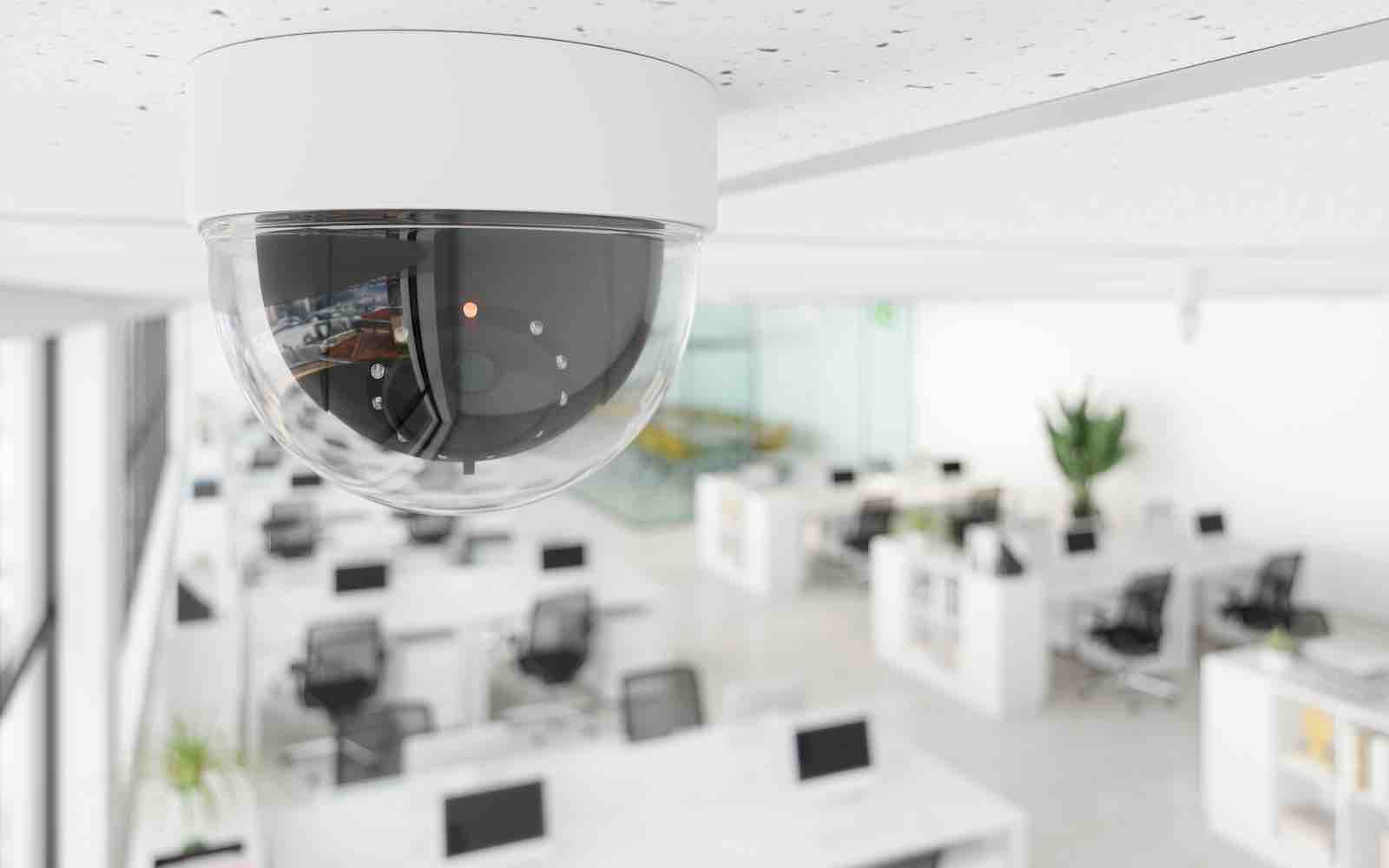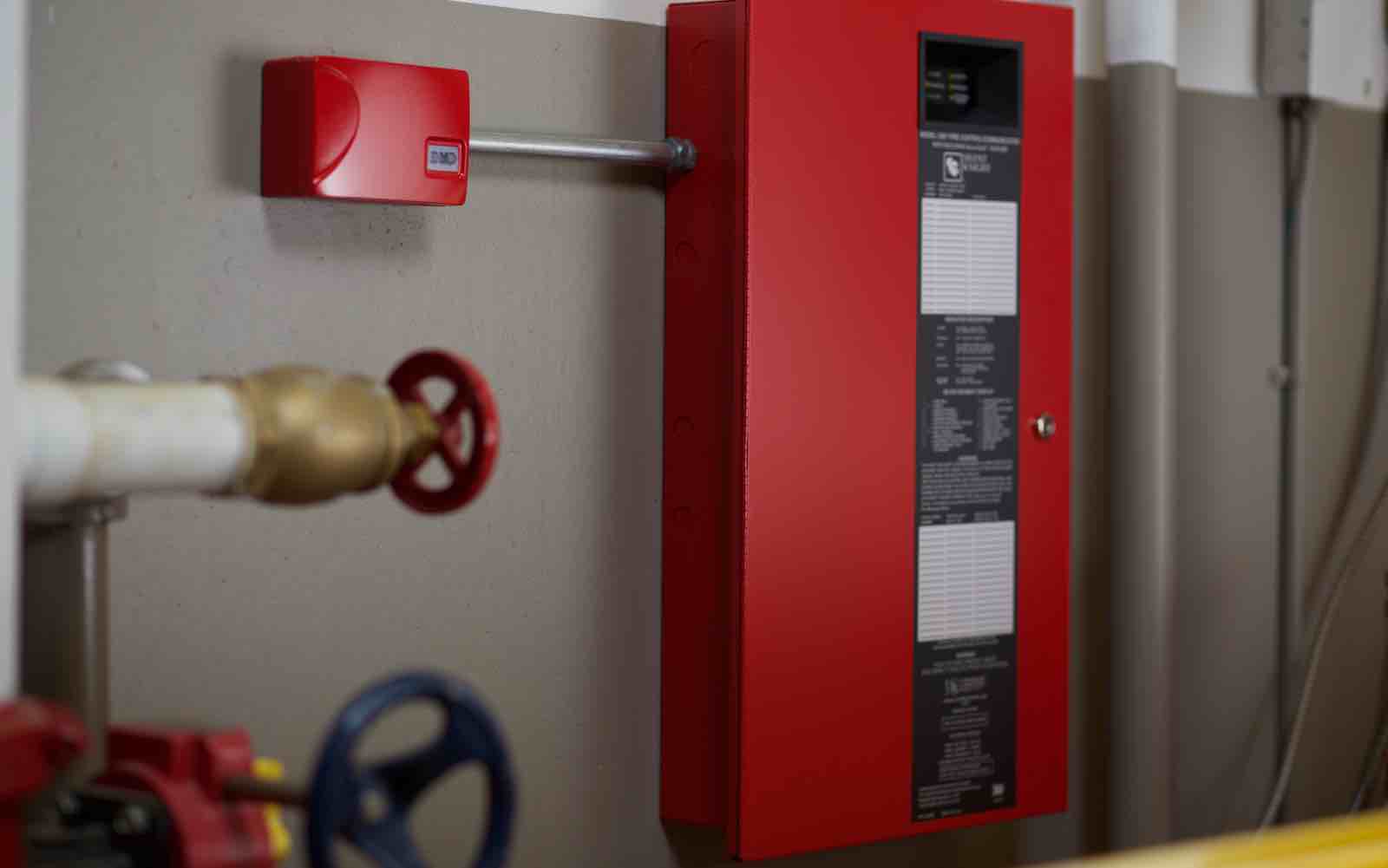When it comes to securing a commercial property, from offices to retail spaces and warehouses, the right security system does more than just deter crime; it safeguards employees, assets, and even sensitive information. A high-quality commercial security system incorporates multiple layers of protection to cover all angles of business security.
Essential Features For NJ Commercial Security Systems
24/7 Monitoring and Real-Time Alerts – Around-the-clock monitoring is a cornerstone of any commercial security system. This feature ensures that your property is under constant watch, with trained professionals ready to respond to any alarm, fire, or emergency. Real-time alerts provide instant updates on unauthorized access or unusual activity, allowing you or your security team to take quick action if a breach occurs.
- Remote Access: With modern systems, you can access live feeds, alerts, and system controls remotely through a smartphone or computer, letting you keep an eye on your business from anywhere.
High-Definition Security Cameras – Surveillance cameras are crucial for keeping a visual record of what happens in and around your property. Modern commercial systems offer high-definition (HD) cameras with features that improve visibility and security.
- Night Vision and Low Light Capabilities: These ensure that even low-light areas are covered.
- Wide-Angle Lenses: Capture larger areas with fewer cameras, making monitoring more cost-effective.
- Motion Detection: Alerts security personnel to unusual activity, enabling quicker responses.
Access Control Systems – Access control is essential for managing who enters and exits restricted areas within your business. With a high-quality access control system, you can restrict entry to sensitive areas like inventory rooms, server rooms, and executive offices. Key features include:
- Badge or Key Card Entry: Allow only authorized personnel into designated areas.
- Biometric Scanners: Using fingerprints or facial recognition for an added layer of security.
- PIN Code Access: Useful for temporary or visitor access with codes that can expire after a set time.
An access control system allows you to keep detailed records of who accessed particular areas and when, which can be invaluable for incident investigations or audits.
Intrusion Detection and Alarms – An effective security system must include a robust intrusion detection system, which monitors doors, windows, and other entry points for unauthorized access. Intrusion alarms not only deter potential criminals but also alert law enforcement in real-time.
- Glass Break Detectors: Detect when glass windows or doors are broken, often signaling a forced entry attempt.
- Motion Sensors: Trigger alarms when unexpected movement is detected, ideal for after-hours security.
- Panic Buttons: Can be placed in strategic locations, enabling employees to discreetly alert security or emergency services.
Environmental Sensors – Environmental monitoring is crucial for businesses, particularly those dealing with inventory or equipment sensitive to changes in temperature, humidity, or air quality. Environmental sensors can alert you to potential hazards before they become costly problems.
- Smoke and Fire Detectors: Protect against fires by alerting staff and authorities of smoke or sudden increases in heat.
- Flood and Water Sensors: Detect leaks, floods, or pipe bursts early, reducing the risk of water damage.
- Temperature and Humidity Sensors: Essential for industries where climate control is necessary, like food storage or data centers.
Cybersecurity Measures – A commercial security system isn’t complete without proper cybersecurity measures, especially in today’s tech-driven world. Cybersecurity helps prevent data breaches and protects against hackers attempting to gain access to security systems.
- Firewall and Encryption: Keeps unauthorized users from accessing your security system.
- Multi-Factor Authentication (MFA): Ensures that only verified personnel can access system controls.
- Regular Software Updates: Protects against new security threats by keeping your system up to date with the latest defenses.
Integration with Building Management System – Many modern commercial security systems can integrate with other building management systems, such as lighting, HVAC, and fire suppression systems. Integrated systems improve efficiency, allowing you to control and monitor all aspects of your property’s operations from a single platform.
- Automated Responses: Security alarms can trigger specific actions, such as locking down certain areas or activating emergency lighting.
- Energy Management: Control lighting and HVAC systems to reduce costs when the property is empty.
Emergency Response Capabilities – In addition to intrusion and fire alarms, some commercial security systems include features specifically designed for emergencies. These features are invaluable in crisis situations, allowing for faster communication and action.
- Emergency Communication System: Sends mass alerts to employees, guiding them on emergency procedures.
- Emergency Exit Management: Monitors emergency exit doors, ensuring they’re only used during an emergency and preventing unauthorized access.
A well-rounded commercial security system provides layered protection that covers everything from unauthorized access to environmental hazards. By investing in a comprehensive system with these key features, business owners can ensure a safe environment for employees, protect valuable assets, and gain peace of mind knowing their business is well-guarded.
If you’re ready to discuss the best options for your commercial security needs, our team at GuardMe Security is here to help. Contact us at (800) 235-0644 to learn more about our commercial security solutions and how we can tailor a system to your business.




